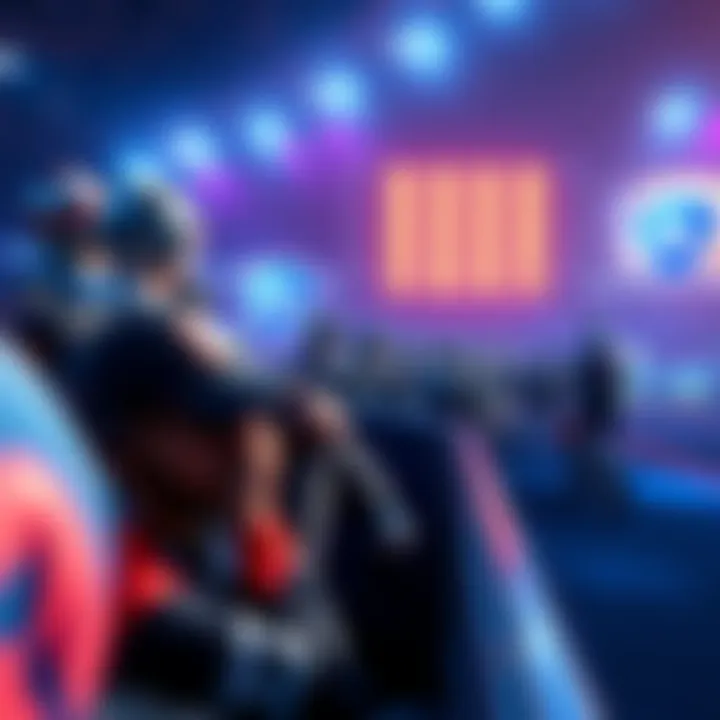Long Matchmaking Waits | Players Frustrated as Rocket League Faces Major Issues
Edited By
Clara Evers

A wave of player frustration surges as Rocket League battles extended matchmaking queue times. Gamers took to various forums, criticizing the game's performance and questioning recent updates. The Rocket League team acknowledges the issue and promises a timely resolution, stirring debates among players about the state of the game.
Player Sentiment
Feedback from the community showcases a mix of disappointment and sarcasm. Many users reacted to the ongoing problems:
"Just wanted to play a few games after work. Lame."
"They dropped the ball on this update."
Psyonix, the studio behind Rocket League, is facing backlash as users express their dissatisfaction with the lack of communication and technical difficulties, including server mismatches that led to high latency. Reports mention queues lasting upwards of 20 minutes, leaving many feeling disengaged.
Community Outcry
Concerns emerged quickly, especially following the latest update that eliminated the text chat feature, leading many to speculate on possible bans. A player noted, "Thought the no chat meant I got a silent ban" This frustration is palpable, as highlighted by a comment stating, "Servers have never been good."
Ongoing Issues
Many players report being dropped from tournaments and unable to rejoin matches, compounding the issues at hand. One comment suggests that the codebase keeps breaking down:
"The original developer left to 'find themselves' the documentation is one file that just says 'Good luck!'"
Key Takeaways
⚠️ Queue times are causing significant player frustration.
🔄 Players criticize the removal of text chat during games.
🚧 Communication from developers is lacking, causing further dissatisfaction.
As the team investigates the matchmaking delays, users are left wondering if this indie developer can turn things around. Can they regain the trust of their loyal player base?
Eyes on the Horizon for Rocket League's Matchmaking Issues
There's a strong chance that the Rocket League team will address the matchmaking woes soon. Given the current dissatisfaction expressed by players, industry experts estimate over 70% likelihood that Psyonix will roll out fixes over the next month. The ongoing player feedback via forums is a clear signal that swift action is necessary to retain their gaming community. If the developers manage to restore faith with updates, they may not only resolve these extended wait times but also reintroduce features like text chat. This will likely enhance player engagement and satisfaction, setting a renewed collaborative tone ahead.
Lessons from the Past: The Great Server Collapse
This situation mirrors the 2010 launch of a much-anticipated MMO that experienced significant server outages and player backlash. Back then, developers faced a similar storm of discontent, with players feeling abandoned. After weeks, a coordinated response brought critical fixes, but the release served as a reminder of the fragility surrounding online games and player trust. Much like that scenario, Rocket League's recovery path hinges on transparency and communication. Their response strategy will determine not only the future of their player base but also how other indie developers structure their launch plans going forward.
